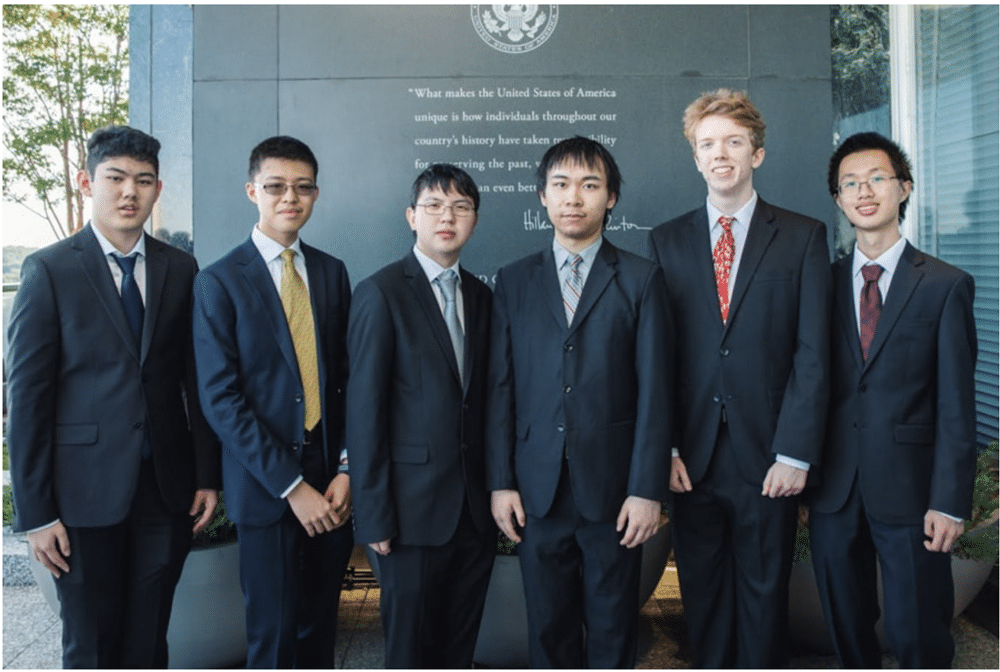
I can give you several examples of gifted people whose lives were dramatically changed when they discovered that they might not be the brightest bulb in the box. However, I will share only two cases.
The first person, whom we’ll call “Henry”, was a star pupil in a private school when he discovered computers at an early age and by age 13 had taught himself the recently developed computer language known as BASIC. Eventually, he and three of his friends, hacked into the PDP-10 computer in the local office of the Computer Center Corporation to gain free access. After their crime was discovered, he and his friends promised to repair bugs in the company’s computer programs in exchange for more free access to their PDP-10. By his junior year, he and his friend, had developed sufficient computer programming skill to receive payment from their high school for programming the scheduling of classes.
At the end of high school, Henry graduated with a score of 1590 out of 1600 on his SAT’s and gained entry into Harvard. Though majoring in pre-law, he also took courses in mathematics and computer science. While at Harvard, Henry was one of the top math students, but he was not the best, and later explained:
I met several people in the math department who were quite a bit better than I was at math. It changed my view about going into math. You can persevere in the field of math and make incredible breakthroughs, but it probably discouraged me. It made the odds much longer that I could do some world-class thing. I had to really think about it. Hey, I’m going to sit in a room, staring at a wall for five years, and even if I come up with something, who knows. So it made me think about whether math was something I wanted to do or not.”
Then, in January 1975, on reading about the Altair 8800, a computer developed by the MITS company, Henry and his friend incorporated a software development company named Microsoft. You’ve probably guessed that Henry is Bill Henry Gates III, and the rest is history.
The other example is a gifted academic achiever from Texas. His elementary teachers immediately recognized that Preston was a gifted child. At age 8, he was enrolled in the pilot program for gifted students at River Oaks Elementary School. In one of his more ingenious moments, he and some fellow students used a modem to connect a teletype machine to a mainframe computer and used it to play a Star Trek game. On another occasion, he created a makeshift buzzer for his bedroom door to sound an alarm when his younger siblings trespassed on his territory.
Preston became one of the prized exemplars for the gifted program at River Oaks. In 1977, his intelligence prompted author Julie Ray to feature Preston as the subject of a chapter in a book she was writing, titled Turning on Bright Minds: A Parent Looks at Gifted Education in Texas. In it she described him as a bright student of “general intellectual excellence.”
At Palmetto High School, Preston won the school’s Best Science Student award in each of his sophomore, junior and senior years and the Best Math Student award in his junior and senior years. He served notice on his fellow students that he was planning on becoming the valedictorian of the class of 1982, and this promise became a reality when he stood first out of 680 students. In his valedictorian speech, he spoke of colonizing space and he told the Miami Herald of his intention to build hotels and amusement parks there.
When it came time to prepare for college entry, Preston applied only to Princeton University. His rationale was simple, “Einstein was there, for goodness sake!” He entered Princeton with impeccable scholastic credentials and majored in theoretical physics to follow in the footsteps of Albert Einstein and Stephen Hawking. However, a short time after arriving at Princeton, he discovered that for the first time in his life he was not the most gifted student in the class. Biographer Mark Leibovich reported an interesting turning point in the direction of Preston’s career path:
One night during his freshman year, [Preston] was struggling over a partial differential equation he had to complete for a quantum mechanics class. After a few hours of frustration, he and his study partner visited the dorm room of a classmate, who glanced at the equation and said, “Cosine.”
“After we expressed some incredulousness,” [Preston] says, “he proceeded to draw three pages of equations that flowed through and showed that it was cosine.” It led to a realization: There were people whose brains were wired to process abstract concepts in a very graceful way, and [Preston] was not one of those people. “It was initially devastating,” he says, “very, very, troubling.”
This realization prompted him to re-direct his focus. He changed his major to electrical engineering and computer science. Once again, he excelled in the cognitive courses buttressed by abnormal intensity, competitiveness and a strong work ethic. He graduated summa cum laude in 1986 with a B.S.E. degree in electrical engineering and computer science and was subsequently elected to Phi Beta Kappa.
A decade later, after working in international investments, Preston decided to follow his dream and founded a company, known today as Amazon.com. Jeff Preston Bezos is now a billionaire who is expanding his horizons and building vehicles for space travel.
The discovery that they’re not the brightest bulb in the box, plunges some people into a dark despair, while illuminating for others an unimagined path toward greater rewards.
